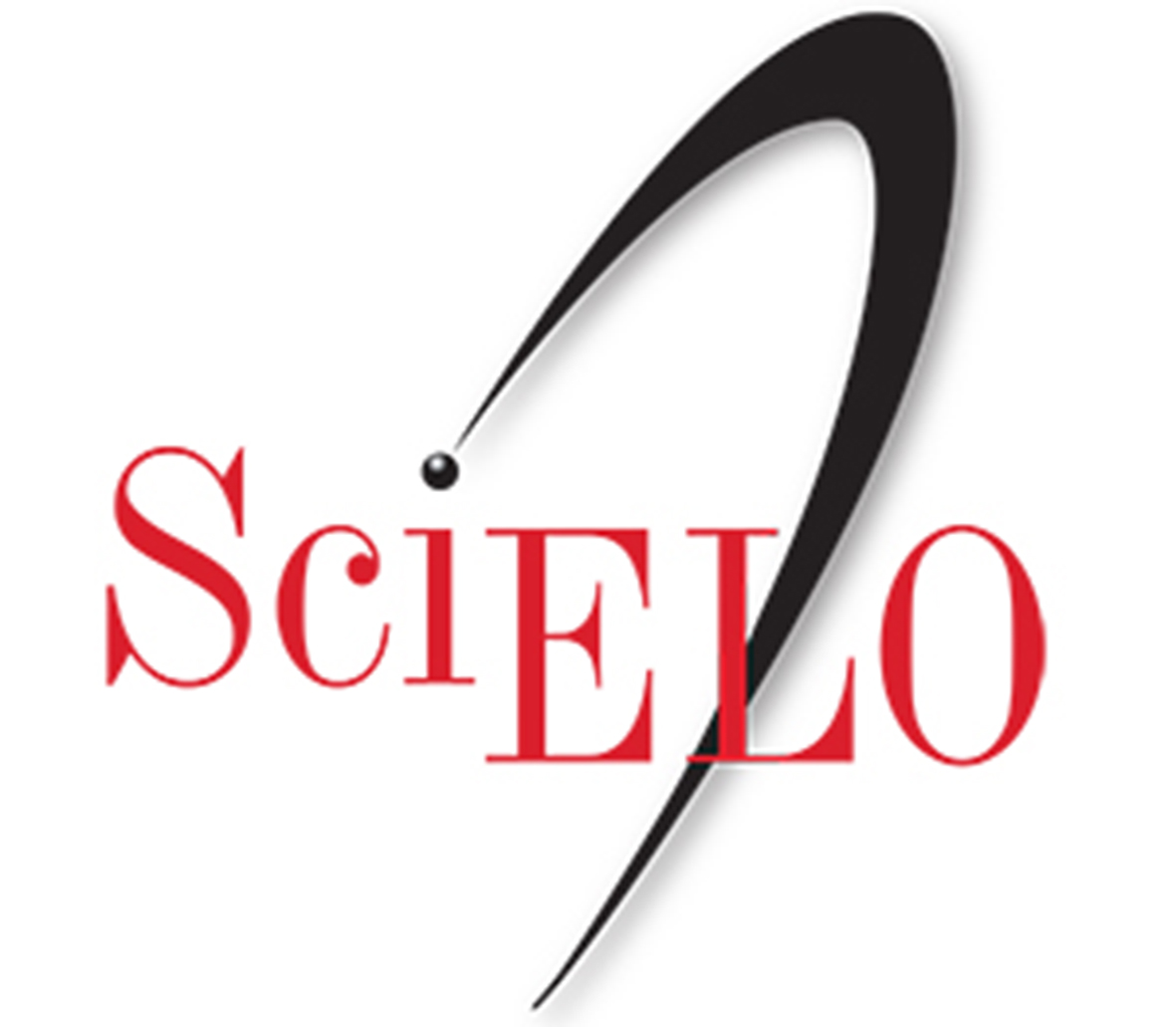FISSURES IN CRITICAL SOCIAL THEORY AND PATHS FOR THE RENEWAL OF GEOGRAPHY
Abstract
This critical-interpretative and descriptive text analyzes the main weaknesses of critical social theory and critical Marxist geography. It aims to explore theoretical and methodological references that offer alternative explanations for rethinking central themes of Economic and Urban Geography: unequal development and the peripheralization of the economy. The study is based on reflections upon the relationship of Karl Popper's philosophy of science with the work of the Austrian School of Economics and the theses of the Institutionalist School. Karl Popper's theory of scientific knowledge has two pillars: the concepts of falsifiability and open societies, which are more susceptible to the development of a science capable of getting rid of dogmas. Popper's ethical analysis warns that the capacity for self-criticism is the basis for the development of science. By associating such ethical behavior with open and democratic societies, Karl Popper made profound epistemological criticisms of Marxism, a tradition of thought that still exercises a profound influence in Brazilian geography. We conclude that Karl Popper's scientific conceptions are relevant to the epistemological criticism proposed and exploring new paths of scientific investigation of economic-spatial phenomena.
Keywords: Critical Geography; Epistemology; Economic Development; Austrian School; Institutionalism.
References
BOEHM-BAWERK, Eugen von. Teoria da Exploração do Socialismo Comunismo. São Paulo: Editora José Olympio, 1987.
CALDEIRA, J. História do Brasil com empreendedores. 1. ed. São Paulo: Mameluco, 2009.
CHESTERTON, Gilbert K. O que há de errado com o mundo. Campinas: Ecclesiae, 2013 [1910].
CONSTANTINO, Rodrigo. Economia do Indivíduo: o Legado da Escola Austríaca. São Paulo: Instituto Ludwig von Mises Brasil, 2009.
DE SOTO, H. O mistério do Capital. São Paulo: Companhia das Letras, 2000.
DINIZ FILHO, L. L. Certa má herança marxista: elementos para repensar a geografia crítica. In: KOZEL, S.; MENDONÇA, F. A. (Org.). Elementos de epistemologia da geografia contemporânea. Curitiba: Ed. da UFPR, 2002.
DINIZ FILHO, L. L. A geografia crítica brasileira: reflexões sobre um debate recente. Geografia, Rio Claro, v. 28, n. 3, p. 307-321, set./dez. 2003.
DINIZ FILHO, L. L. Por uma crítica da geografia crítica. 1 Ed. Ponta Grossa: Editora da UEPG, 2013.
GALA, Paulo. A teoria institucional de Douglass North. Revista de Economia Política, v. 23, n. 2 (90), abril-junho. 2003.
HARVEY, David. A condição pós-moderna: uma pesquisa sobre as origens da mudança cultural. 3ª ed. Trad. Adail Ubirajara Sobral e Maria Stela Gonçalves. São Paulo: Loyola, 1993.
LIPIETZ, Alain. Miragens e Milagres: Problemas da industrialização no Terceiro Mundo. São Paulo: Nobel, 1998.
LOPES, Herton Castiglioni. Instituições e crescimento econômico: os modelos teóricos de Thorstein Veblen e Douglass North. Rev. Econ. Polit., São Paulo, v.33, n.4, p.619-637, Dec. 2013.Availablefrom
NORTH, Douglass Cecil; THOMAS, Robert Paul. The rise of the western world: a new economic history. Cambridge: Cambridge University Press. 1973.
PIAIA, Thami Covatti. Instituições, organizações e mudança institucional: análises e perspectivas. Justiça do Direito. V. 27, n. 2, jul./dez. 2013. p. 257-274.
POPPER, Karl Raimund. A sociedade aberta e os seus inimigos. Lisboa: Lisboa Edições70 Lda., 2012. (Biblioteca de Teoria Política, 2 v.).
POPPER, Karl. A lógica da pesquisa científica. São Paulo: Cultrix, [1959] 2013.
RANQUETAT JÚNIOR, Cesar Alberto. Da direita moderna à direita tradicional: análise de uma categoria metapolítica. Curitiba: Editora Prismas, 2017.
REVEL, Jean François. A Grande Parada. Rio de Janeiro: Biblioteca do Exército Editora, 2001.
SANTOS, Milton. Sociedade e Espaço: A Formação Social como Teoria e como Método. Boletim Paulista de Geografia, São Paulo, n.54, p.81-100, jun. 1977.
SANTOS, Milton. Espaço e método. São Paulo: Nobel, 1985.
SANTOS, Milton. Técnica, Espaço, Tempo: Globalização e meio técnico-científico informacional. São Paulo: Hucitec, 1994.
SANTOS, Milton. Por uma outra globalização. Do pensamento único à consciência universal. Rio de Janeiro: Record, 2000.
SILVA, Mariza Ferreira da. A cientificidade da Geografia Crítica em questão: avaliação das contribuições de Milton Santos e David Harvey com base na teoria da ciência de Karl Popper. [Tese de Doutorado]. Curitiba, UFPR, 2019.
SOJA, Edward. Geografias pós-modernas: a reafirmação do espaço na teoria social crítica. Rio de Janeiro: Zahar, 1993.
WOODS JR., Thomas E. Como a Igreja Católica construiu a civilização ocidental. 9ª ed. São Paulo: Quadrante, 2014.

This work is licensed under a Creative Commons Attribution 4.0 International License.
Authors who publish in this journal agree to the following terms:
- Authors retain the copyright and grant MERCATOR the right of first publication, with the work simultaneously licensed under the Creative Commons Attribution License, which allows the sharing of the work with recognition of the authorship of the work and initial publication in this journal.
- Authors are authorized to sign additional contracts separately, for non-exclusive distribution of the version of the work published in this journal (e.g., publish in an institutional repository or as a book chapter), with acknowledgment of authorship and initial publication in this journal.
- Authors are allowed and encouraged to publish and distribute their work online (e.g., in institutional repositories or on their personal page) at any point before or during the editorial process, as this can generate productive changes as well as increase the impact and citation of the published work (see The Effect of Free Access).
- Authors are responsible for the content of the manuscript published in the journal.






